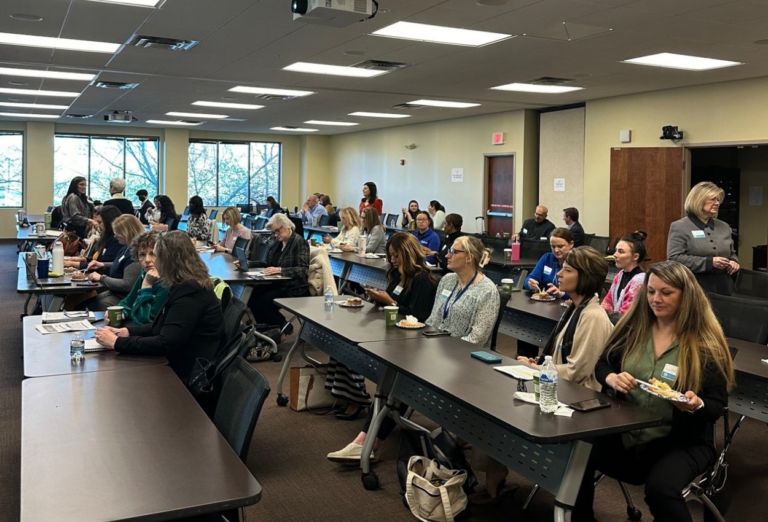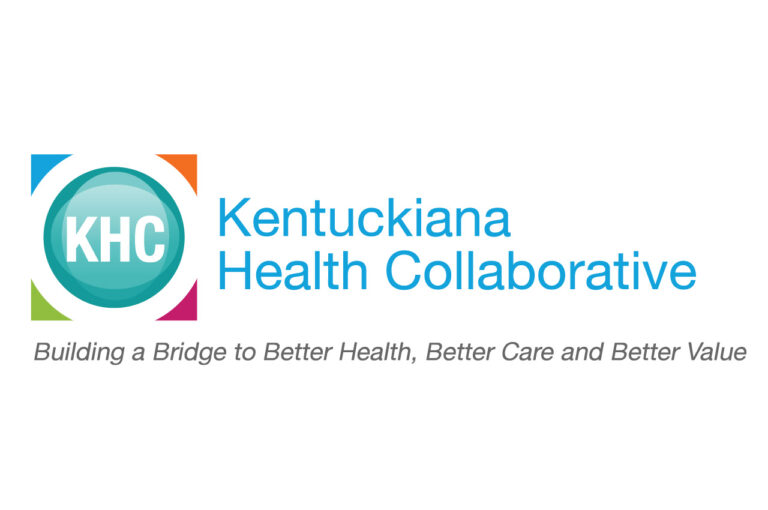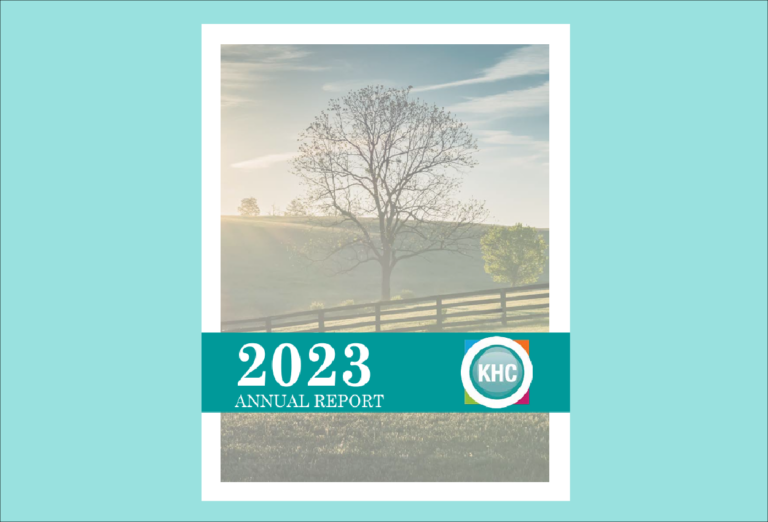(Note: This blog post was written by Michael Imburgia, MD, Cardiologist and Founder of Have a Heart Clinic. Have a Heart Clinic provides free cardiovascular care to those at or below 200% of the federal poverty level. February is American Heart Month, and as awareness is raised about preventing heart disease, it is important to acknowledge the significant disparities that exist in heart disease outcomes.)
We know that in large multicenter clinical trials, people of color are less likely to receive lifesaving medication for heart failure, receive counseling on defibrillator treatment, and receive defibrillators even if counseled. People of color are also less likely to see a cardiologist or to receive newer technology therapy such as percutaneous aortic valve replacement. This results a health disparity and people of color living shorter lives, as shown in the 2017 Louisville Health Equity Report. Sadly, minorities die from heart disease at twice the rate of non-minorities.
At the Have a Heart clinic, our focus is to change all of this. In 2020 we provided care to more than 1,500 people. 70% of our patients came from minority background. More than 25% of our patients had no insurance and 20% had limited English language proficiency. This year, we served patients speaking 12 different languages requiring costly medical translation service to ensure full information is provided so treatment options are understood. We are proud of our role in bridging the health equity gap and will continue to do more.
We can achieve equality in healthcare. It will not be easy it will be even harder if health outcome data based on race is not shared so that specific areas can be addressed properly to achieve that equity. At a minimum, outcome data must be shared within the medical community. We all want health equity, but without acknowledging that racial bias exists, people of color – especially those who are black – will continue to die younger and live less healthy lives.
Editor’s note: An article written by Dr. Imburgia, “Who am I to lecture?”, appears in this month’s Greater Louisville Medical Society Louisville Medicine publication. You can read that here.





